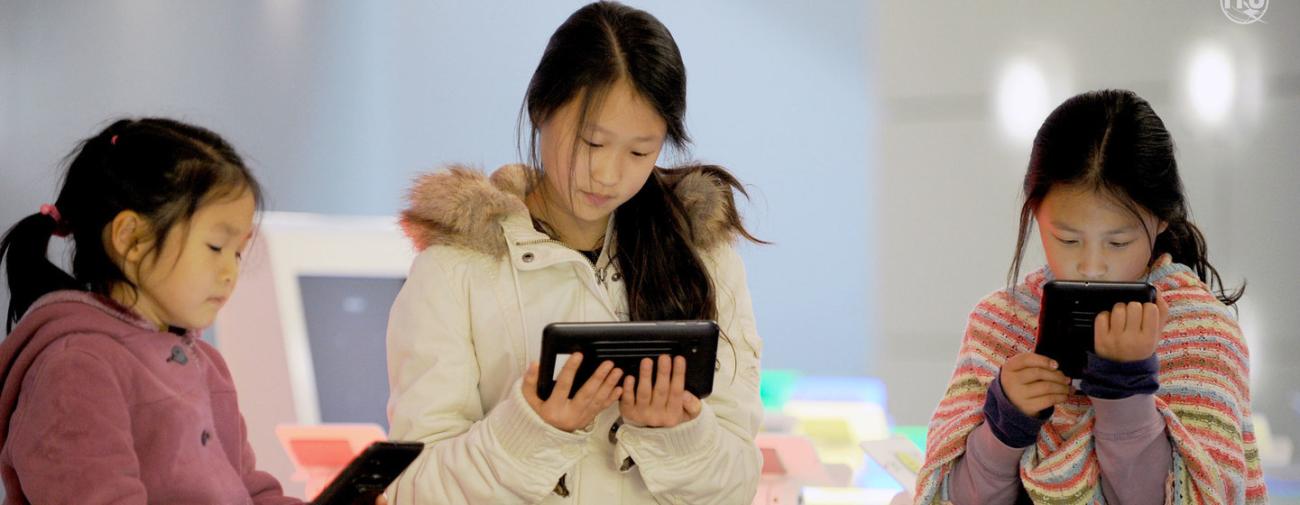The gender gap for online users has widened from 11 per cent in 2013 to 17 per cent in 2019, and in the world’s least developed countries, it reaches 43 per cent.
This year, to mark International Day of the Girl Child, taking place on Monday, the UN is showing how the pandemic has accelerated the use of digital platforms, but also highlighting girls’ different realities when it comes to getting online.
In his message for the day, the UN Secretary-General noted that these girls and all the others “are part of a digital generation.”
“It is our responsibility to join with them in all their diversity, amplify their power and solutions as digital change-makers, and address the obstacles they face in the digital space”, he said.
The path to girls’ digital equality is steep. In more than two thirds of all countries, girls make up only 15 per cent of graduates in science, technology, engineering and maths, known by the acronym, STEM.
In middle and higher-income countries, only 14 per cent of girls who were top performers in science or mathematics expected to work in science and engineering, compared to 26 per cent of top-performing boys.
“Girls have equal ability and immense potential in these fields, and when we empower them, everyone benefits,” Mr. Guterres said.
He recalled seeing this long before he began his political career, when he was a teacher in Lisbon, Portugal, and “witnessed the power of education to uplift individuals and communities.”
“That experience has guided my vision for gender equality in education ever since”, he explained. “Investments in closing the digital gender divide yield huge dividends for all.”
Tied to this, the UN has a new platform, called Generation Equality Action Coalition on Technology and Innovation, where governments, civil society, the private sector and young leaders, are coming together to support girls’ digital access, skills and creativity.
“The United Nations is committed to working with girls so that this generation, whoever they are and whatever their circumstances, can fulfil their potential”, Mr. Guterres assured.




